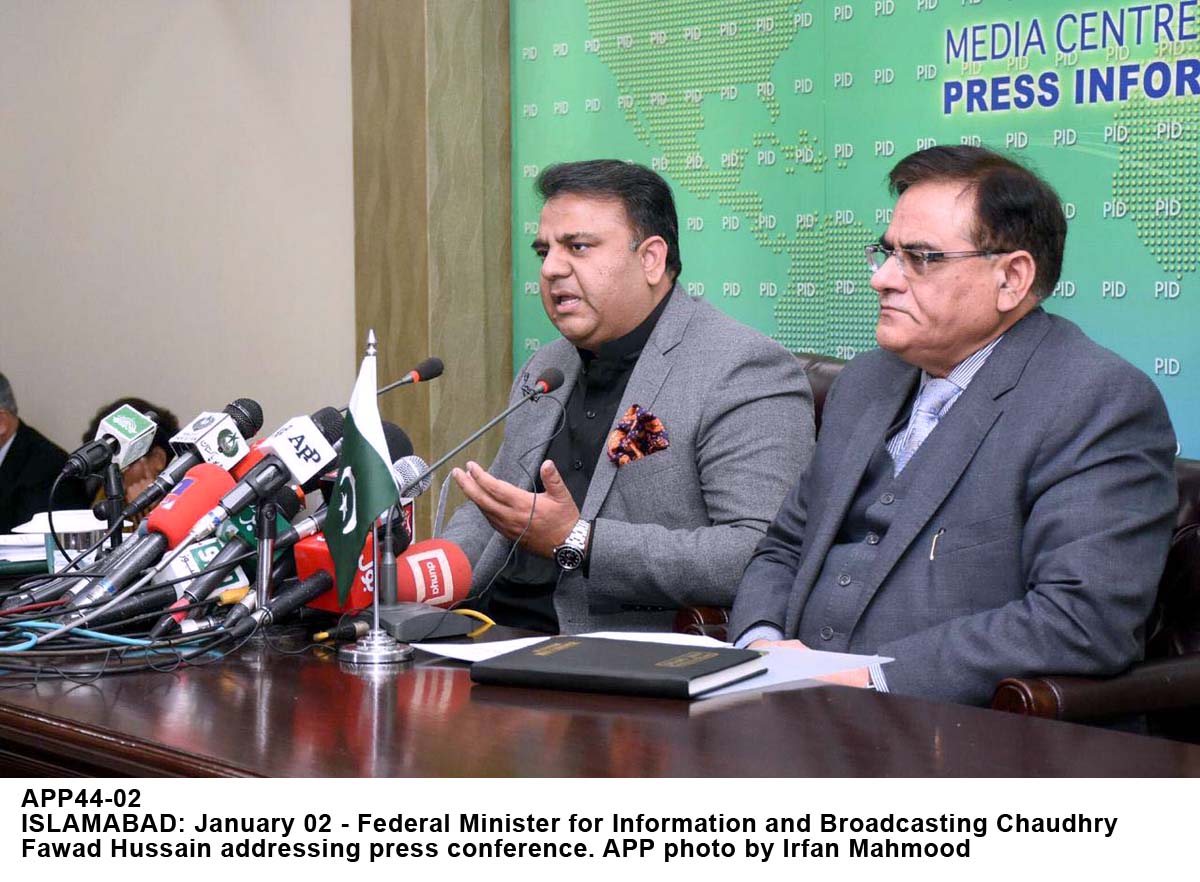ISLAMABAD, Jul 26 (APP): CEO Jazz, Chairman Mobilink Microfinance Bank; and Chairman Telecom Operators’ Association of Pakistan Aamir Ibrahim said Pakistan could document its economy by switching over to financial digitalization.
“By moving towards a digital economy, the county can foster financial inclusion, improve tax compliance by documenting the economy, and create countless economic opportunities for millions of Pakistanis,” he expressed these views while talking to media.
While talking to journalists he outlined a comprehensive strategy to accelerate Pakistan’s shift towards a cashless society, underscoring the critical importance of prioritizing digital and financial inclusion as national imperatives.
He proposed several key policy interventions to drive the adoption of digital financial services included ensuring universal access by integrating smartphones, SIM cards, and digital wallets or bank accounts (with already established services) into the national identity card issuance process., potentially funded through the Universal Service Fund.
He also suggested cross-industry collaboration by establishing a dedicated forum to monitor cashless economy initiatives, recommend policies, and address challenges.
To encourage digital payments, Aamir suggested reducing taxes on customers and merchants. He cited the example of a reduced sales tax rate on digital payments compared to cash transactions in restaurants and eateries in Islamabad.
He said highlighted the critical role of SMEs in Pakistan’s economy. With approximately 3 million SMEs having limited access to commercial funding, he proposed allocating 15-20% of commercial funding to support these enterprises and their supply chains.
He also advocated for the public sector to lead by example by mandating organizations like Utility Stores Corporation, Central Directorate of National Savings, and Pakistan Post to prioritize digital payments and phase out cash transactions.
Another suggestion was to tackle a key barrier to a cashless society by aiming to expand the merchant base to three million digital payment-accepting retail stores by 2030.
He recommended updating the e-Commerce Policy within six months to shift away from Cash on Delivery (CoD) for e-Commerce transactions and imposing a cap of PKR 3,000 on cash payments for basic commodities.
He emphasized the need to digitize remittances by enabling mobile wallets to receive funds from around the globe. By bypassing traditional banking infrastructure, digital remittances can reach even the most remote and underserved populations, empowering them to participate fully in the formal financial system.
He highlighted the significant progress made by regional countries in adopting digital payments and stressed the need for Pakistan to catch up. “Countries like India and China have made remarkable strides in digital financial inclusion. It is imperative for Pakistan to leverage the power of technology to drive economic growth and development,” he added.
He also discussed Pakistan’s positive trajectory in digital financial inclusion, with branchless banking accounts surpassing traditional bank accounts and RAAST IDs exceeding 36 million. According to recent data, there are over 117 million branchless banking accounts, with a 30% female representation. Daily transactions through branchless banking averaged 13 million in the first quarter of 2024, a significant increase from the previous quarter’s 12 million.
Pakistan boasts a robust network of over 651,000 branchless banking agents providing payment services across diverse geographic and economic segments.
While the country has slightly over 18,000 bank branches, it supports a network of 18,655 ATMs and more than 120,600 POS terminals.
Aamir commended the pivotal role played by the State Bank of Pakistan, the Pakistan Telecommunication Authority, and the Securities and Exchange Commission of Pakistan in driving digital and financial inclusion through supportive policies.
The CEO called upon the government and key stakeholders to capitalize on Pakistan’s burgeoning fintech landscape. By fostering a conducive ecosystem for innovation and investment, the country can accelerate its journey towards a cashless economy and reap the associated benefits














